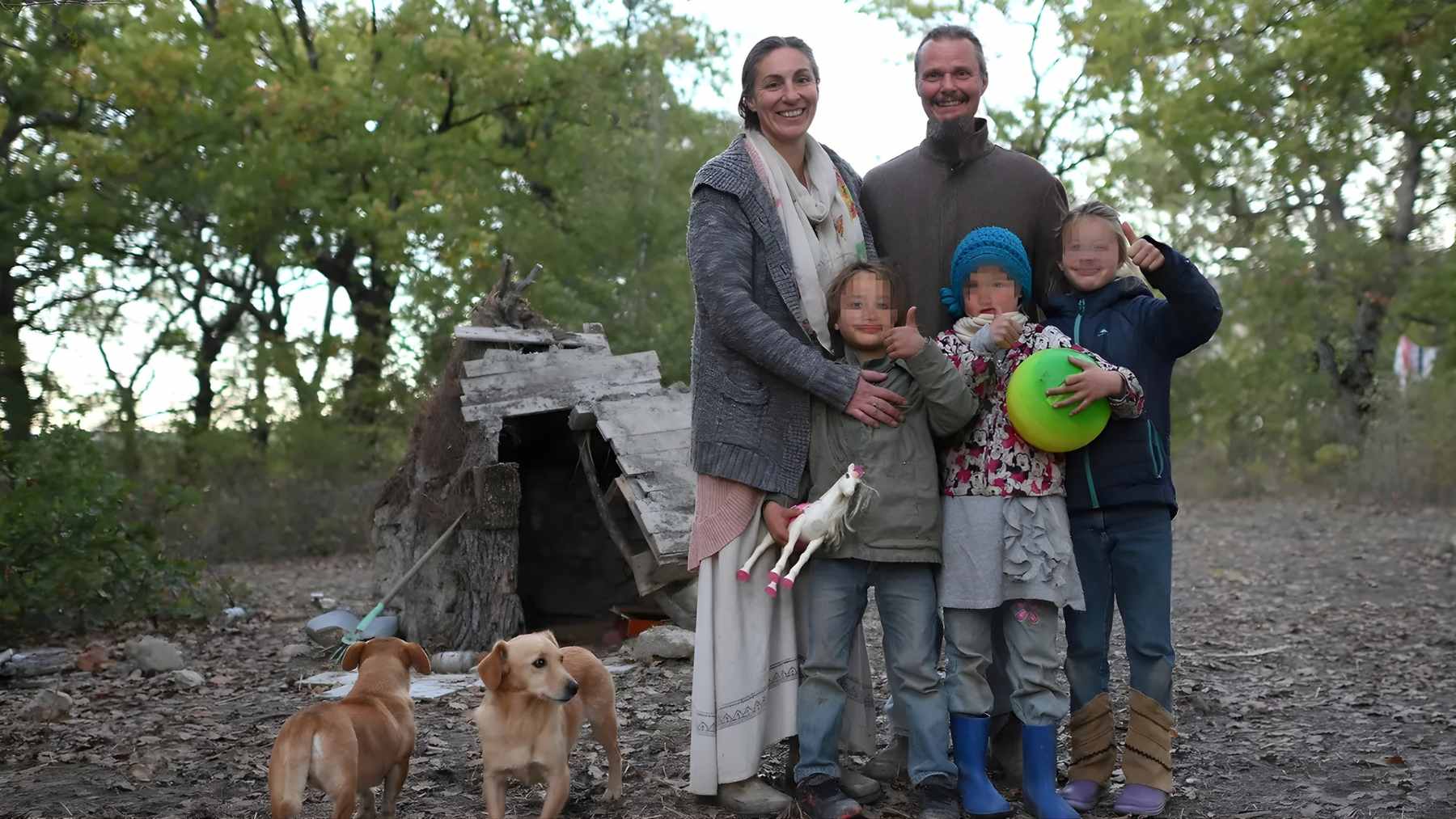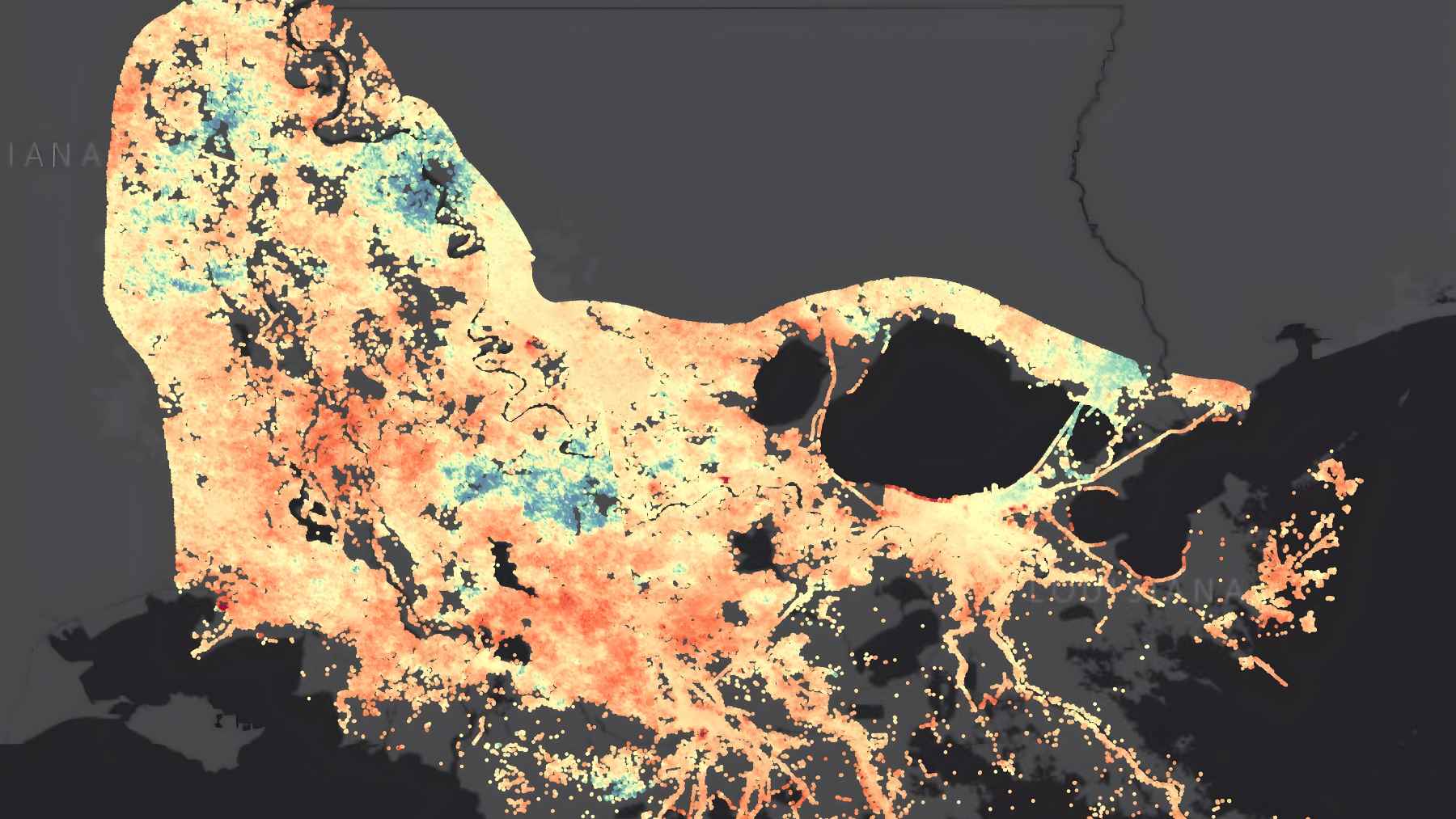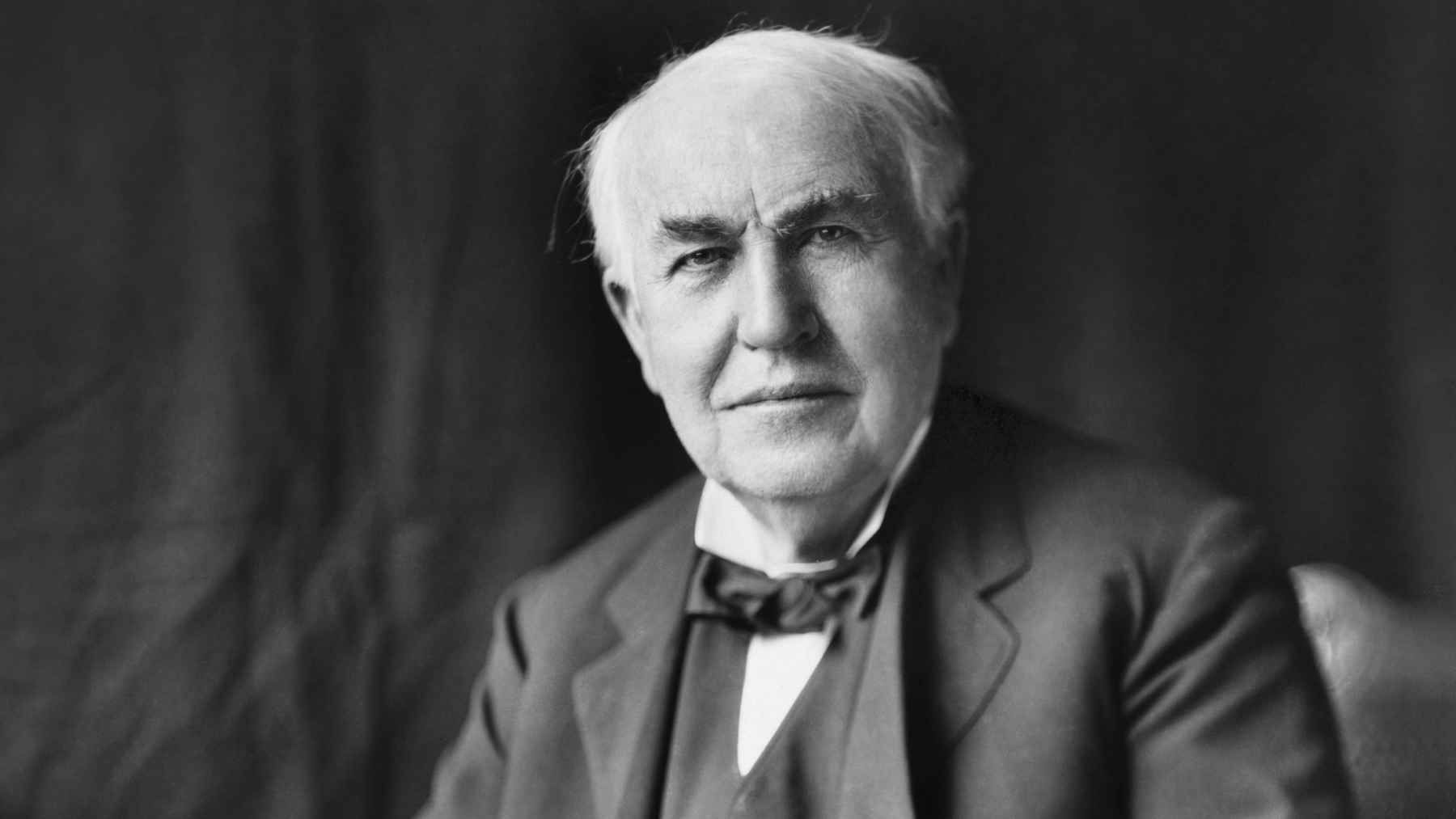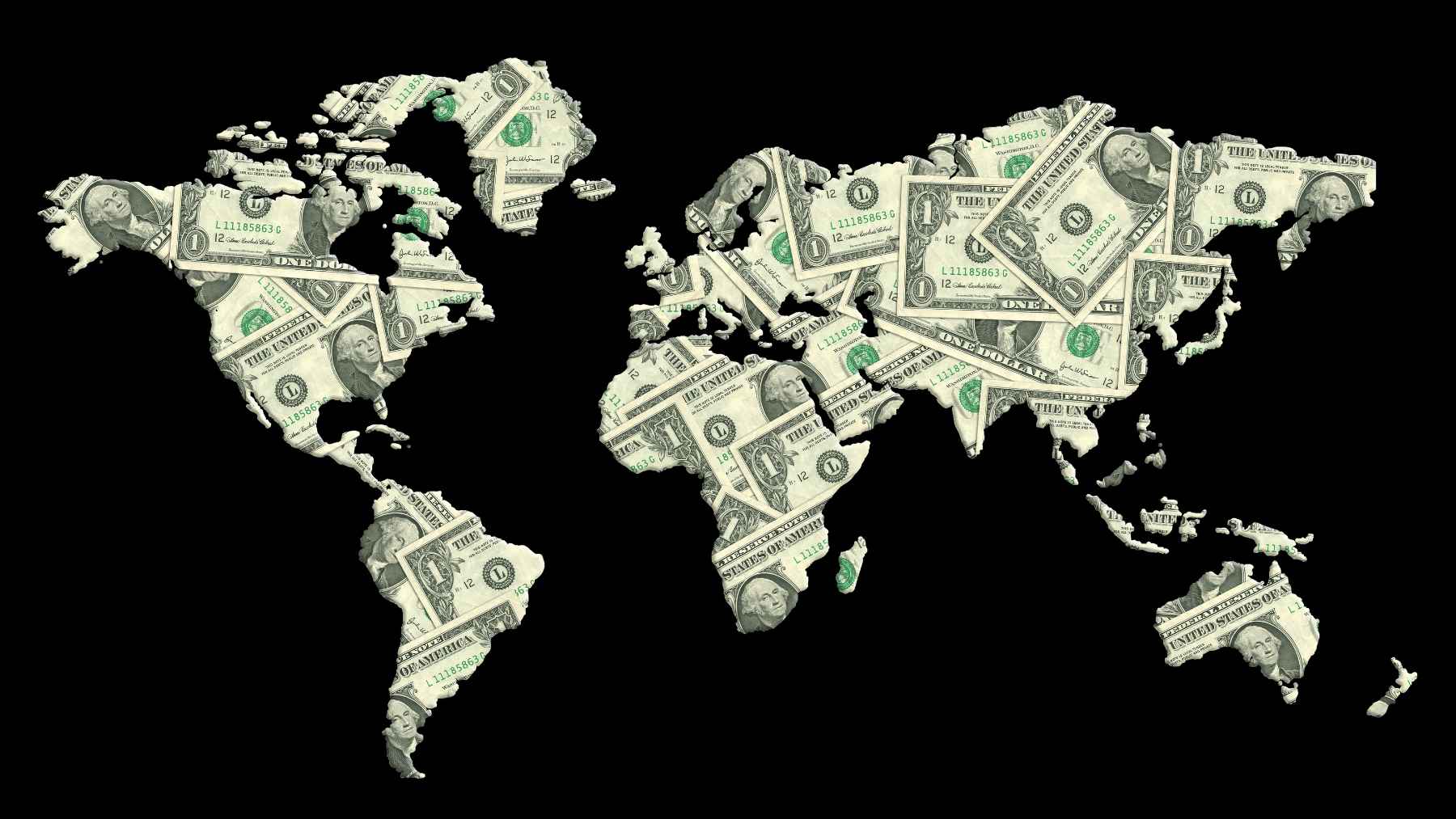As Americans prepare for winter, the winter bill spike is locked in, with U.S. households facing a double-digit rise in electricity costs, primarily due to increased heating needs. While milder weather is in store for Americans this winter, the rise in electricity bills is largely due to higher electricity prices rather than increased consumption. This winter may be expensive for families wishing to stay warm, even if they are putting effort into reducing their electricity bill.
Utilities are seeking higher rates while energy costs are rising
There have been rate increases for public services across America. According to PowerLines, a nonprofit organization, utility increases have risen to more than $34 billion throughout the first three quarters of 2025. Consumer bills will most likely reflect the increased rate this winter. In New Jersey, the rate increase had been approved by the state’s Board of Public Utilities, resulting in a 17% increase in citizens’ electricity bills alone.
In New Jersey, as well as in other states, citizens who rely on electricity to keep themselves warm during winter will end up spending 4% more this winter while experiencing a 5% increase in retail electricity prices. American families will need to realize what depending on electricity for heating purposes could mean for them this winter.
What does using electricity predominantly for heating mean?
Electricity heats about 46% of the homes in the U.S. The problem is that slight increases in the electricity prices can have a tremendous impact on the household. As has been stated by the Energy Information Administration (EIA), electricity costs will rise across all major Census Bureau regions (Northeast, Midwest, South, and West) to an average of around 24 cents per kilowatt-hour.
Higher insurance premiums, as well as aging infrastructure, can be blamed for the rise in prices. To align with the rising demand for electricity in states like New York and California, expanded grid investments are further contributing to increasing utility costs. Having said that, the average American household is expected to spend between $1,280 and $1,520 this winter. Each household will spend a different amount this winter, based also on the area where the household is located.
Looking at electricity spending based on different regions
The Midwest and South will experience a 4% rate increase. The West will see a smaller increase of 2%. Despite the 2% increase being far smaller, citizens in the West will still experience somewhat of some financial strain.
A sure way to reduce the electricity bill, irrespective of the region, is to depend on propane or heating oil for all heating purposes. The truth is that the number of Americans who rely on propane or heating oil for heat during winter is relatively small. Still, the usage of electricity throughout winter is relatively dominant nationwide. If citizens resort to turning food scraps into gas this autumn and winter, they can say goodbye to increasing electricity bills.
Political as well as economic increases that are rising along with bills
It is a known fact that when winter draws closer, utility bills rise, too. For this reason alone, Democratic candidate Mikie Sherrill and Republican candidate Jack Ciattarelli in New Jersey have pledged that they will curb utility price increases once elected. One step that all citizens can take is to stay away from this device that eats your heating bill alive. With households finding increasing electricity bills to be stressful, any action to curb a device from eating into your heating bill is required.
EIA’s projections show that electricity prices will increase across the board. There is a dire need for structural reform programs and even relief programs that could aid with the rising utility bills, even when the weather is milder. This 2025-2026 winter season will be a rather expensive one for U.S. citizens and for families who are already battling with inflation and making ends meet.













